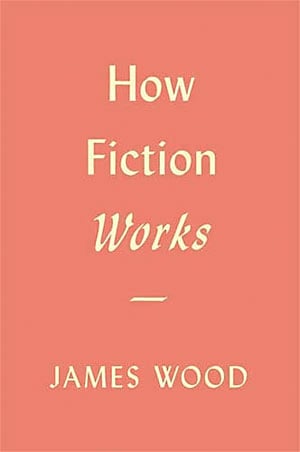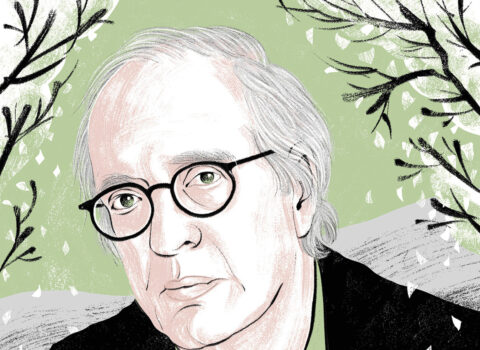 What is literary criticism for? The question came up years ago as the subject of a London Review of Books 25th anniversary forum that included Terry Eagleton, Frank Kermode, Zadie Smith and James Wood. “The ‘What is it for?’ question is interesting, it’s very childlike, isn’t it?” Eagleton said. “You know: What are people for? What is the moon for? —we’re all card-carrying functionalists.” Nonetheless, the question is useful, if not for obtaining its answer, than for segregating our expectations about the form.
What is literary criticism for? The question came up years ago as the subject of a London Review of Books 25th anniversary forum that included Terry Eagleton, Frank Kermode, Zadie Smith and James Wood. “The ‘What is it for?’ question is interesting, it’s very childlike, isn’t it?” Eagleton said. “You know: What are people for? What is the moon for? —we’re all card-carrying functionalists.” Nonetheless, the question is useful, if not for obtaining its answer, than for segregating our expectations about the form.
My early sense of the medium was as a question answering form: input a novel, output a report on the nature of that novel and, more largely, the nature of novels, what they are for. I sense that I still expect this of criticism, and don’t think I’m wrong to. What I think was wrong in my early thinking about what such reports should provide was my once belief that one could muster, through quantity and quality, so overwhelming a report of one’s findings about a given work that it would yield not merely a truth about a work but the truth of it— an objective aesthetic truth.
These days, I expect that the form should produce questions more than answers. I know that my thinking about the medium has changed, because my feelings about James Wood’s criticism have changed. When I wrote about his work in these pages in 2003, I was already a great admirer of his essays, those several scores of shorter pieces that had appeared in the Guardian in the 90’s, and the still quite many, but much longer, pieces he had been writing for the New Republic. And yet, I was often frustrated then by Wood’s work, feeling as I then did that there was a kind of shortsightedness in his purview, a narrowness of taste that rendered some writers–too different from what he liked–invisible.
In retrospect I was shortsighted in my view of Wood– not my diagnosis of what he liked, but what the use of those well-delineated preferences were. Though Updike’s much-ballyhooed catholic literary tastes were certainly a strength, Wood’s narrower kingdom has come to be, for me at least, a much more worthwhile place to visit (and as he has written more the argument that his kingdom is that narrow becomes much harder to credit at all: while not quite the literary democrat that Updike was, to ignore the variety of good writing Wood has championed in the past twenty years is to maintain a bias without proving a bias). Anyway, it’s agreeable to disagree, I’ve come to conclude, particularly when the point of view of the person with whom you don’t see eye to eye is so scrupulously well-substantiated. Wood manages to be interesting even when I disagree, perhaps especially when I disagree, for the very reason that he opens up a second or third way to think of reading a book that I wouldn’t have come to on my own.
Lately, with Wood’s small fame– small, I mean to say, in the way that to be a famous literary critic is not to be very famous, in our culture, at all– has come an enormous reaction from some younger writers in the blog-world who take on Wood at every turn. We needn’t pity Wood for being so often scolded by such small hands. Rather, we can pity ourselves for missing the very point of literary criticism despite our passion for it: to present not the answer to a book but a very good series of questions about it. No other critic I read these days has the regular, consistent capacity to remind me not why I read but how one can: with– among many virtues– care.





